Why SEO Investments Help Your MSP Weather a Recession and Keep the Door Open for New Opportunities
Last Updated: April 3, 2025
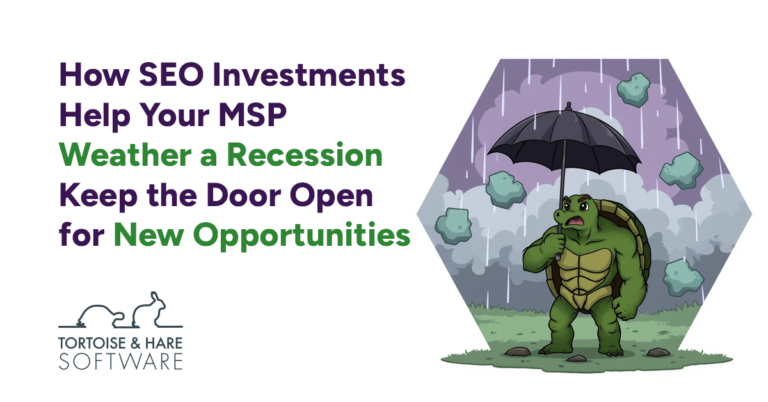
What happens to your pipeline when the phones go quiet, inboxes stay cold, and paid ads stop converting?
That’s not a hypothetical. It’s what happens in a recession. Budgets freeze. Decision-makers retreat. And the marketing tactics that rely on speed or immediacy—PPC, outbound, even referrals—start producing less while demanding the same (or more) investment.
In these moments, cost-cutting becomes a reality. And fair enough—revenue targets change, cash flow tightens, and every dollar needs to earn its place. But pulling back indiscriminately doesn’t protect your business—it often weakens it.
The better move is right-sizing. Start by recalibrating your marketing budget based on your updated revenue forecast for the year. Then reallocate spend to the channels that align with how buyers behave in low-demand environments.
That’s where SEO comes in.
In this post, we’ll explore why SEO is one of the smartest marketing investments MSPs can make during a downturn. You’ll learn how SEO:
- Builds trust with buyers who research more carefully during uncertainty
- Expands your reach at a time when most of your competitors are pulling back
- Offers high cost efficiency compared to outbound and paid channels
- Signals early when market demand begins to rebound
- Keeps you connected to buyers even when they’re not ready to talk to sales
If you’re trying to maintain visibility, control acquisition costs, and open the door to new opportunities while staying grounded in reality—SEO is a channel worth leaning into.
SEO Creates Wide, Durable Market Reach
In a recession, the most dangerous thing you can do is shrink your visibility along with your budget. You need to stay in front of the market—not just the buyers who are ready today (because there may be fewer of them), but the ones who are actively researching, comparing, and reassessing their options under tighter scrutiny.
Recessions tend to kick even high-intent buyers back into the middle of the funnel. Budget freezes, hiring delays, or shifting priorities force decision-makers to pause and re-evaluate. But that doesn’t mean they stop engaging—it means they dig deeper into research, ask tougher questions, and revisit their assumptions before spending resumes.
This is where SEO becomes indispensable.
Search-optimized content allows your MSP to show up for the types of queries buyers turn to when they’re in that evaluation phase—searches like:
- “How to reduce IT costs for a small business”
- “In-house IT vs. outsourced IT pros and cons”
- “Fiscal impacts of automation”
These types of queries are valuable not just for brand visibility, but also for building your email list. Paired with targeted lead magnets—like budgeting templates, strategy checklists, or vendor evaluation guides—SEO content can steadily grow your audience with future buyers who are still gathering information.
The MSPs who use this time to educate and nurture—not just sell—will be the ones top of mind when budgets unfreeze and decisions start moving again.
SEO Is a Higher-Trust Channel—and Trust Is Paramount in a Recession
When budgets tighten and spending slows, trust becomes the single most important currency in your marketing strategy. Buyers aren’t just looking for service providers—they’re looking for confidence. They want to know that the dollars they do spend are going to the right partner. And in this environment, how they find you matters almost as much as what you offer.
That’s why SEO has a clear advantage over paid channels.
Organic results are seen as more credible. They’re not bought—they’re earned. And that distinction makes a real difference when buyers are under pressure to justify every decision. According to Landingi, the top organic result on Google earns a click-through rate 19 times higher than the top PPC ad. Even in branded search campaigns, paid ads usually top out at 30–40% CTR—leaving the majority of clicks going to organic.
In a recession, that behavior becomes even more pronounced. Buyers are more skeptical. They’re less impulsive. They’re looking for information they can trust—not just offers that interrupt their feed or appear above the fold.
If trust is the signal buyers are looking for, SEO is how you send it.
“the top organic result on Google earns a click-through rate 19 times higher than the top PPC ad”
Landingi
SEO Is One of the Most Cost-Effective Channels You Can Invest In
In a down market, every marketing dollar comes under scrutiny. And rightly so. The question isn’t just “What will this cost?”—it’s “What will this return, and how efficiently?”
Here’s where SEO stands out.
According to HubSpot, inbound SEO leads cost 62% less than outbound leads. That’s not a minor difference—it’s a structural one. And in the IT managed services space specifically, First Page Sage reports that organic leads are about 35% cheaper than PPC.
When you pair that with the fact that SEO drives 50% or more of total traffic for many tech companies, the case gets even stronger. If your MSP isn’t capturing that traffic, you’re leaving a significant part of the market on the table—especially when demand softens and the cost of missing a lead increases.
And unlike paid traffic, which stops the moment your budget pauses, SEO creates an enduring presence. Once you rank, you keep earning clicks and visibility without re-buying the same audience again and again.
In a climate where lead quality, cost-per-acquisition, and long-term momentum all matter more than ever, SEO isn’t just a nice-to-have. It’s a strategic necessity.
inbound SEO leads cost 62% less than outbound leads
Hubspot
SEO Signals Recovery Before the Market Knows It’s Happening
One of the lesser-known advantages of SEO is that it can act as an early-warning system for market shifts.
When your organic traffic starts to rise—and more importantly, when your organic conversion rates start to climb—that’s one of the clearest signs that buyer confidence is returning. Not a guess. Not a gut feeling. A data-driven indicator that the market is warming up.
And it typically shows up before the news catches on or industry reports reflect it.
That’s because SEO captures intent at the research and evaluation stage. Long before a prospect books a call or signs a contract, they’re searching. They’re reading. They’re comparing. When those patterns accelerate, and more of those visitors start taking meaningful action—downloading a guide, submitting a contact form, signing up for a consultation—you’re seeing real momentum form.
It’s not just visibility—it’s visibility with insight. You’re not only staying present; you’re staying ahead.
The SERPs Get Less Competitive – That’s Your Window To Gain Ground
Recessions create two kinds of companies: those that retreat and those that reposition.
Most MSPs, when faced with declining leads and shrinking margins, will cut back on marketing—especially SEO. It’s often viewed as a “slow” channel, and in a climate that rewards immediacy, it’s one of the first things to go.
That’s exactly why it’s your opportunity.
When others pull back, competition thins. Rankings shift. Long-standing keyword positions open up. And for MSPs willing to stay the course—or better yet, lean in—this creates a rare chance to gain ground that was previously unobtainable.
Think about your own market. If even two or three competitors scale back their content or pause their SEO investments, your chances of breaking into top results for key queries just improved. Not because you outspent them—but because you outlasted them.
This isn’t just about defense. It’s offense. It’s about capturing organic territory that will be much harder to take back once demand returns and everyone jumps back in.
Outbound Outreach Gets Less Effective—SEO Plays the Long Game
When the market tightens, cold outreach gets noisy fast. Every sales rep with an Apollo.io subscription is calling the same companies, sending the same follow-up emails, and making the same vague promises about better service and faster response times.
Buyers tune out. Not because they don’t have problems—but because they’re not in a position to act. It’s not about the quality of the pitch—it’s about timing. And during a contraction, that timing is often categorically wrong.
That’s what makes traditional sales inefficient—not because your team isn’t working hard, but because the market isn’t listening. You’re spending time and money trying to start conversations that simply aren’t going to happen.
SEO takes a different approach.
Instead of pushing into the market, it waits. It positions your MSP to be discovered by buyers who are already active—already searching, comparing, learning. Even in a down market, these signals exist. And SEO helps you capture them without interrupting or chasing.
It also creates scale. While your sales team focuses on high-value, high-probability conversations, your SEO content works in the background—bringing in visitors, building your email list, and keeping your brand in front of prospects who aren’t ready yet but will be.
In a recession, when pushing harder doesn’t move the needle, SEO gives you a way to stay present without overextending your resources.
Conclusion
Recessions force every MSP to make harder, more strategic decisions about where and how to invest. And while there’s no silver bullet—no single channel that solves everything—some investments go further than others when the market tightens.
SEO is one of them.
It helps you build and maintain a large query footprint across the kinds of searches buyers make when they’re evaluating options, reducing costs, or planning for what’s next. Mature technology companies often source 50% or more of their total traffic through SEO—and if your MSP isn’t tapping into that channel, you’re likely missing a massive segment of the market.
During a downturn, that kind of organic reach becomes even more critical. SEO allows you to stay present for the questions prospects are actually asking—even when they’re not yet ready to talk to sales. It creates sustained visibility across the buyer journey, not just at the moment of purchase.
It also builds trust with buyers who are doing deeper research. It’s more cost-effective than outbound or paid ads. And it provides early signals—through rising traffic and conversion rates—when market demand starts to return.
None of this means SEO should be your only strategy. A multi-channel approach is still needed. But SEO earns its place during a recession because it keeps working when other tactics slow down. It helps you keep building momentum while others are pausing. And it ensures your MSP stays part of the conversation—even when that conversation is happening quietly, behind the scenes.
Recessions don’t last forever. But the ground you gain during one can. Learn more about our SEO services for MSPs today.

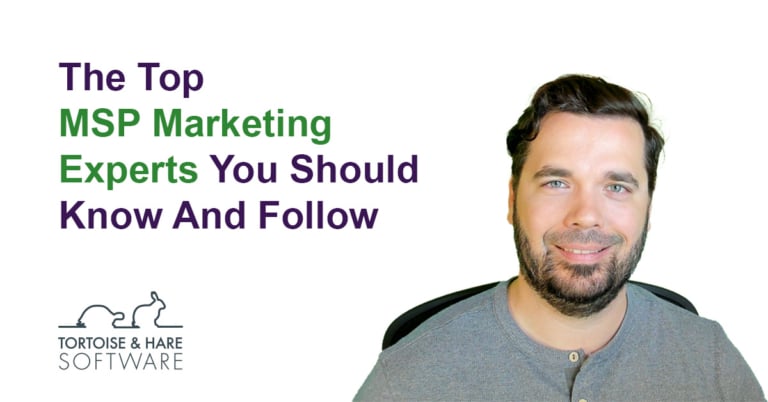
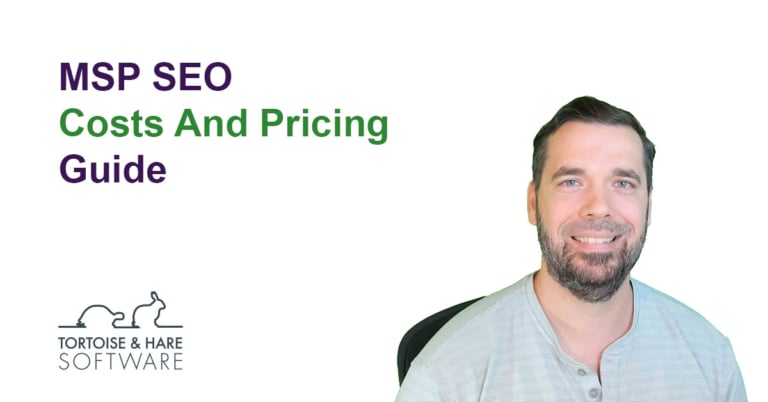
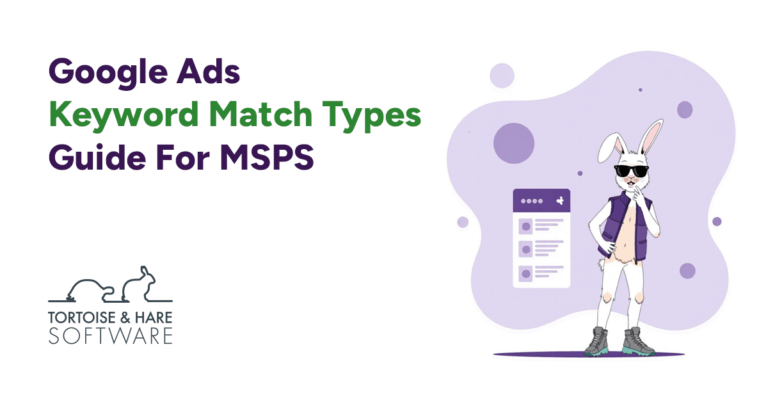
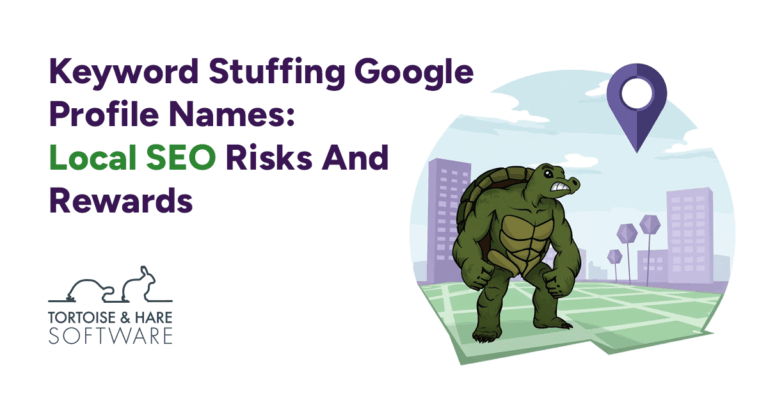
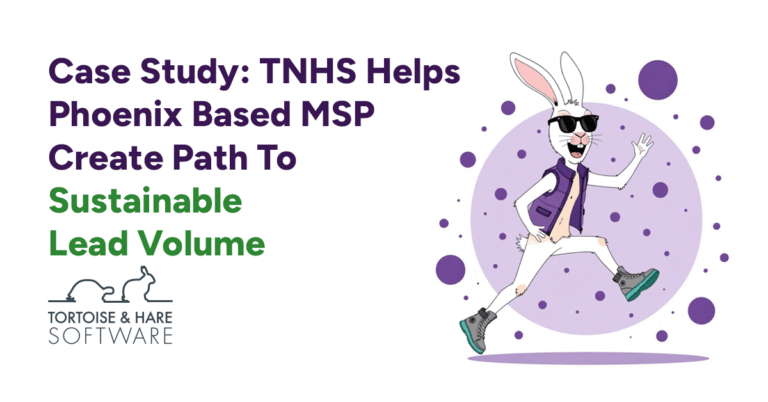
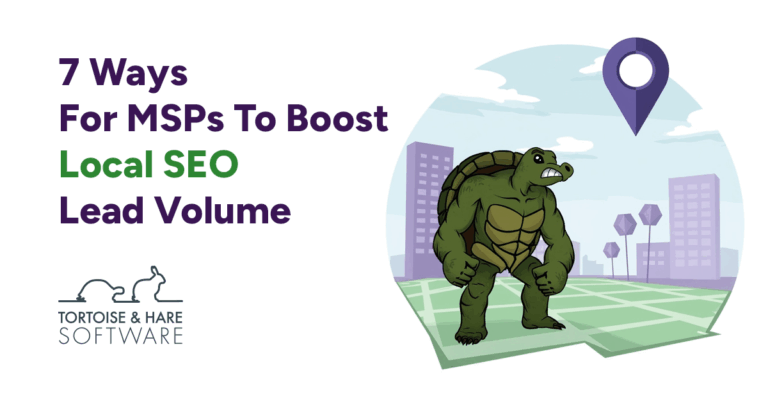
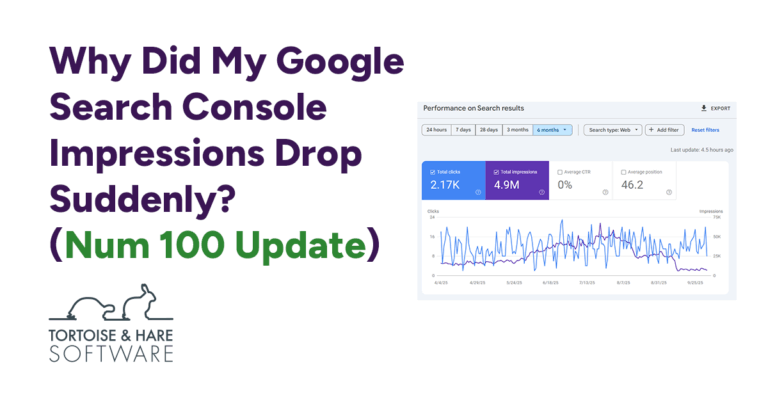
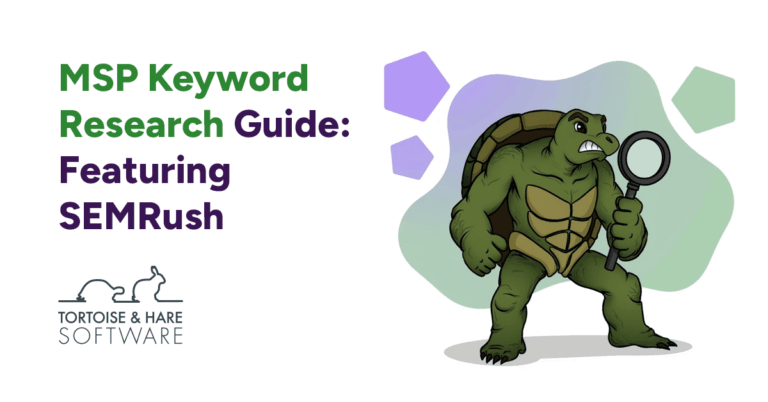


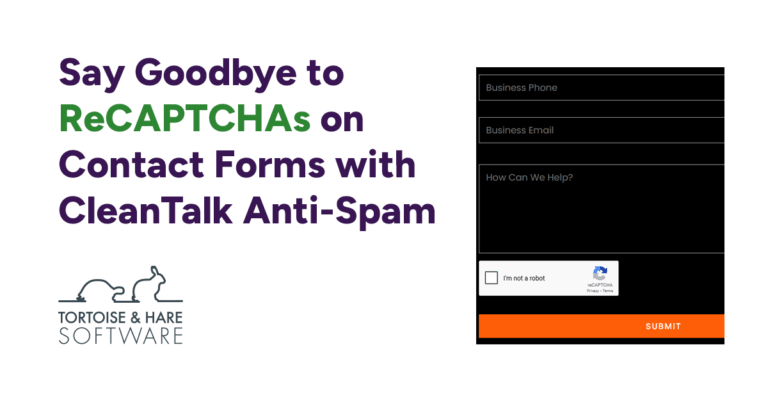
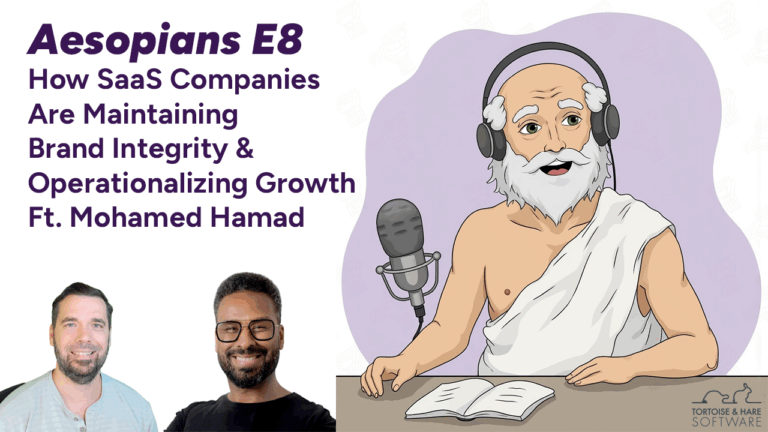
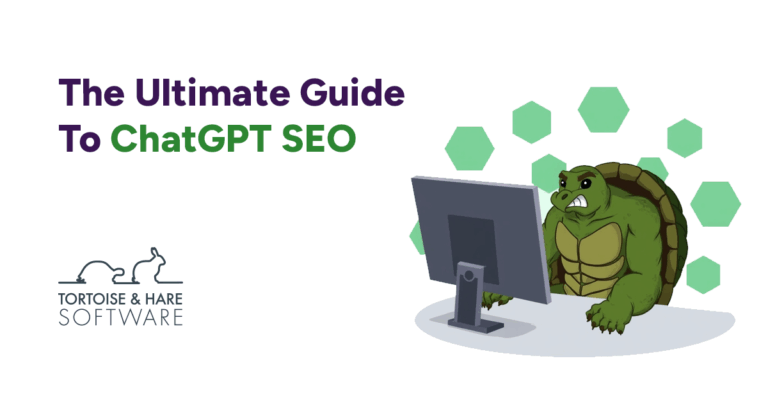
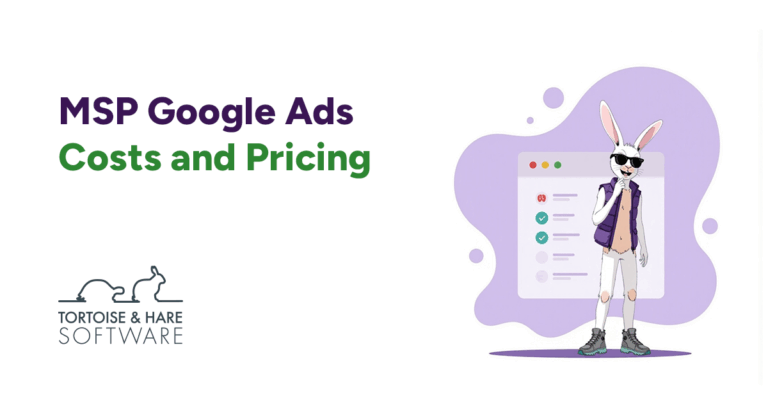

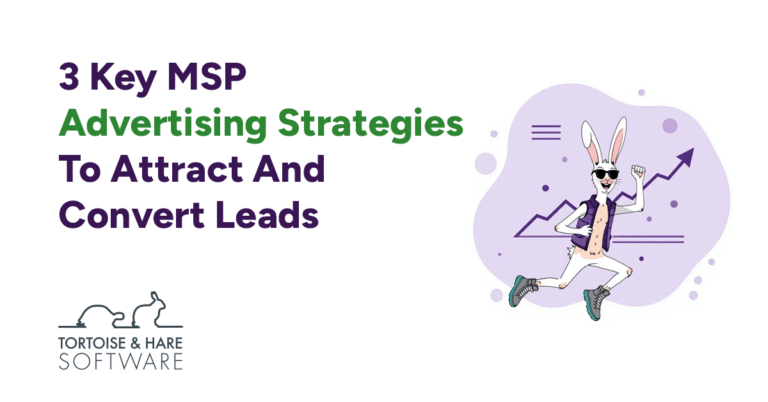
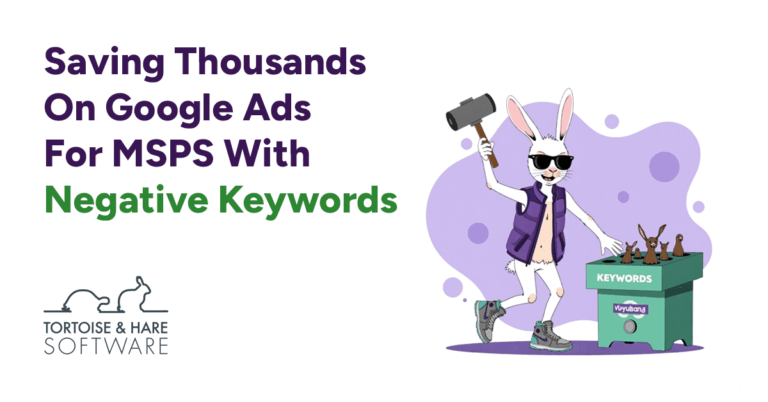
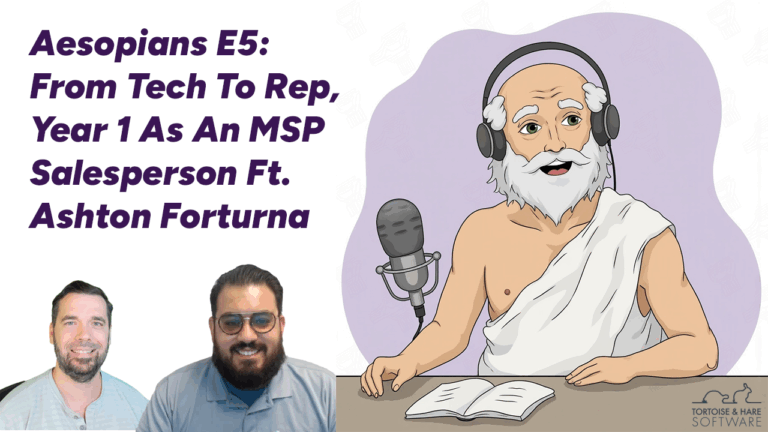
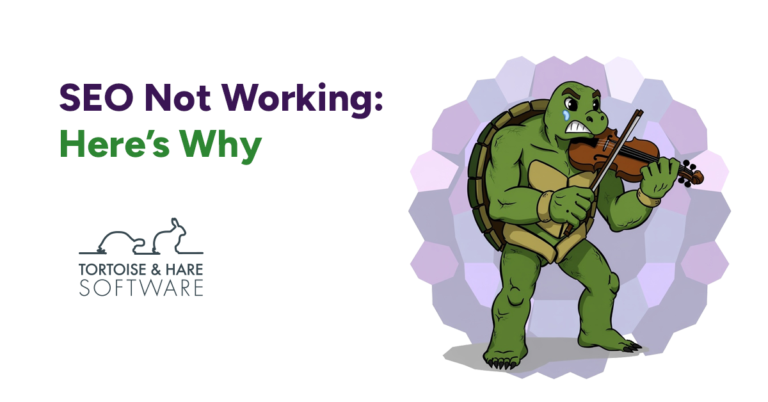
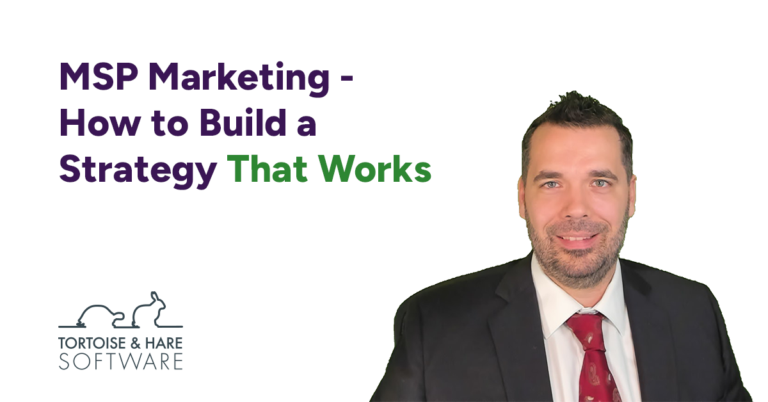
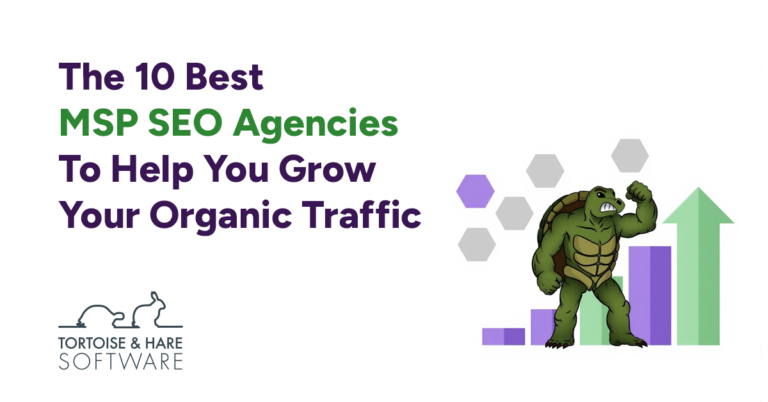
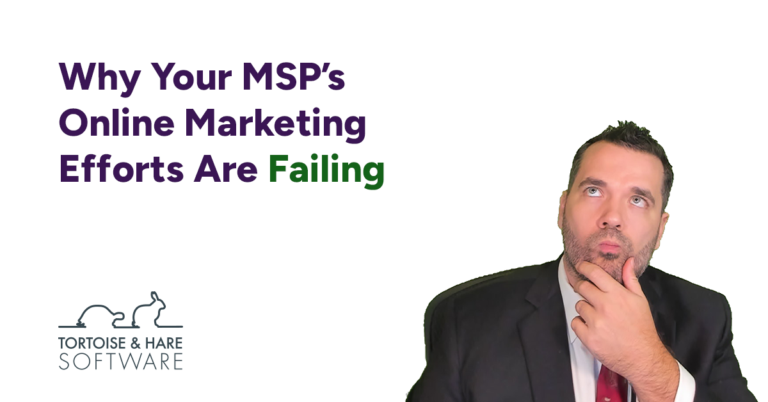
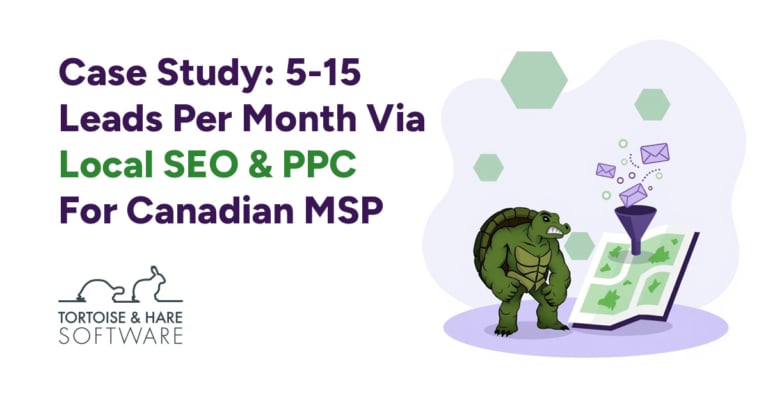

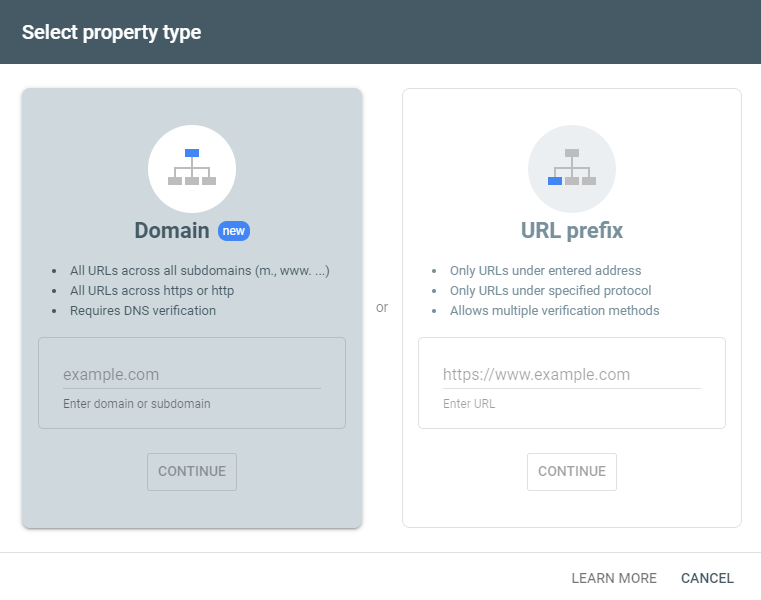








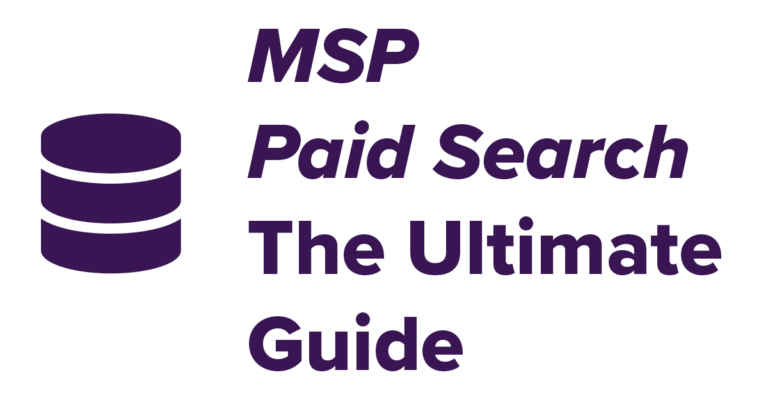
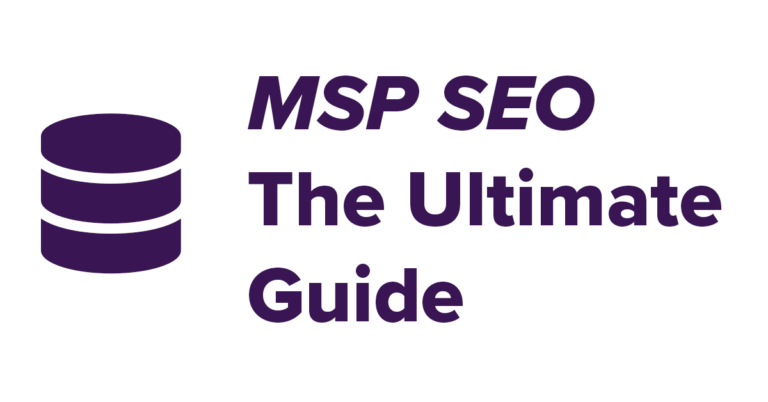


Leave a Comment